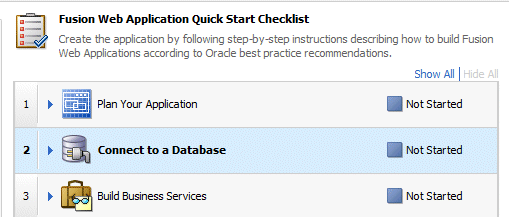10201 Database Linux X86 64.Cpio.Gz

I've received a Unix software distribution as a compressed cpio file. What's the best command to extract the files?
migrated from stackoverflow.comAug 28 '09 at 1:28
Ivan Kartik, Ivan Kart. Linux / UNIX command to open. I have download files from the Internet. Each file has. Gz extension. How do I open. Gz files under Linux? Jan 17, 2013 - Oracle Database 11g Release 2 (11.2.0.1.0) for Linux x86-64. How to extract. How to extract. File QR Code. Home Premium Link to Us Search.
This question came from our site for professional and enthusiast programmers.
4 Answers
- i : extract (input)
- d : create directories
- m : preserve mtime
- v : verbose
While this is an old question, it shows up high on Google, so I thought I might update it. I agree with the accepted answer in general, but you should add '--no-absolute-filenames' unless you are intending to overwrite important system files on your machine. Also, personally, I prefer 'zcat' over 'gzip -cd' or 'gunzip -c'.
Finally, note that you need to run cpio as root (e.g. sudo) if you are extracting a root filesystem that contains device nodes.
This Wikipedia page on cpio has some good notes.
For more details, refer to the cpio manual.
A link from the same Wikipedia page discusses comparison with tar archives.
And, here is an example of using cpio with the tar format.

X86
10201_database_linux_x86_64.cpio.gz Download
For example, to extract the archived contents of /etc/httpd/ to the current directory, creating subdirectories ./etc/httpd/
The accepted answer and Matt's were both helpful to me but I was stumped for a while because of three details:
- The matching pattern needs to be quoted to work as a pattern :P
- The option
--no-absolute-filenamesmust precede the pattern on the command line - Since that option removes the leading
/from filenames, the matching pattern must also omit the leading/